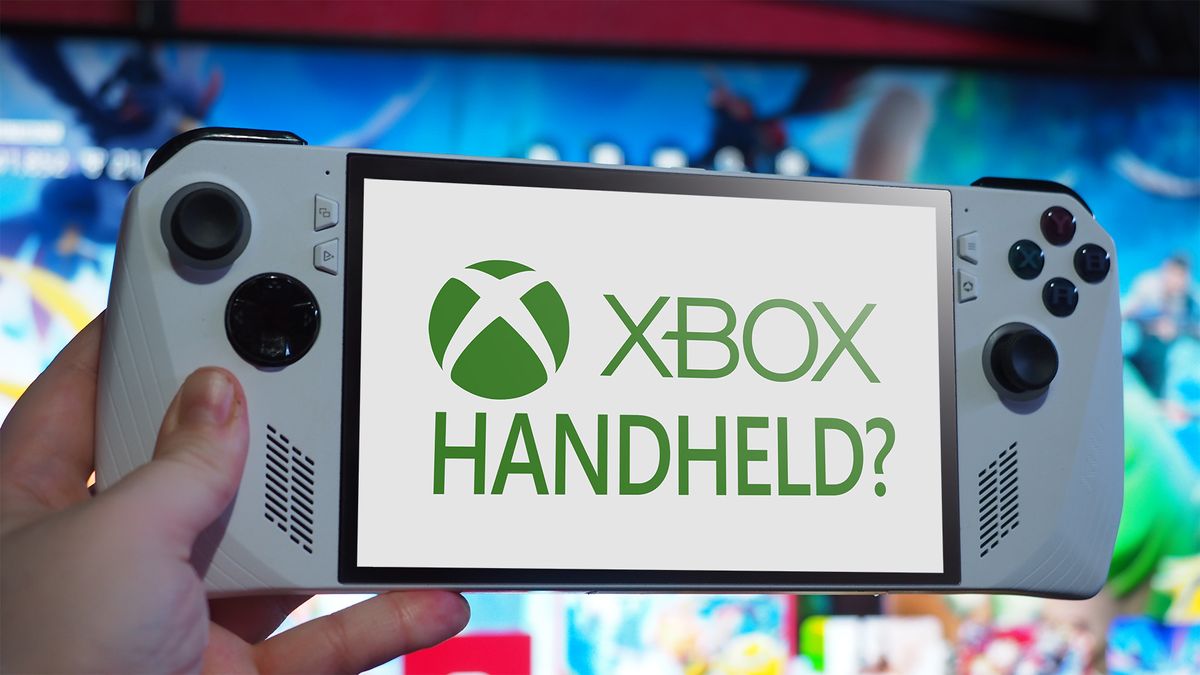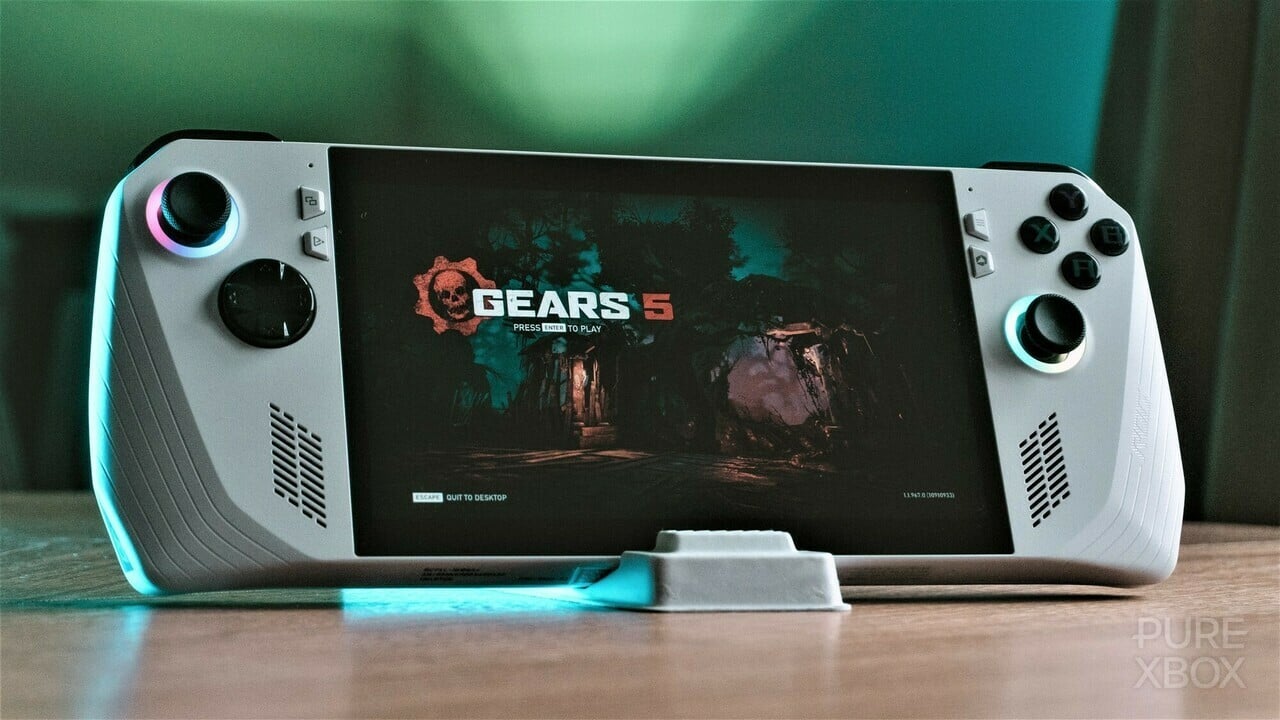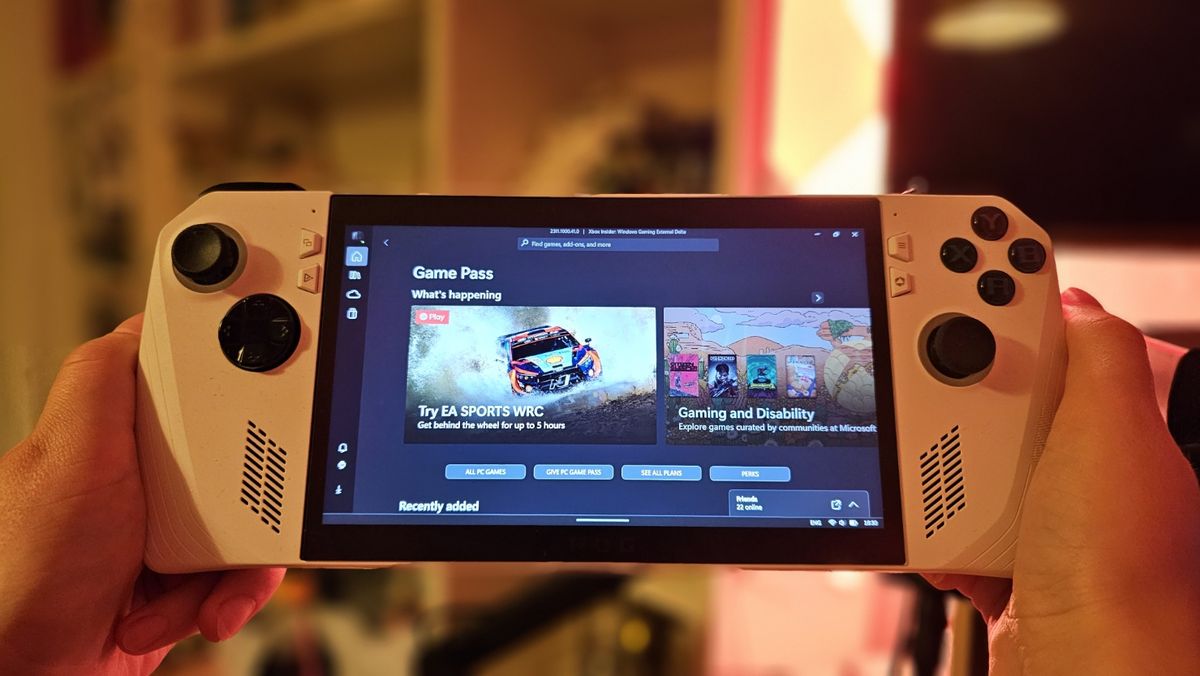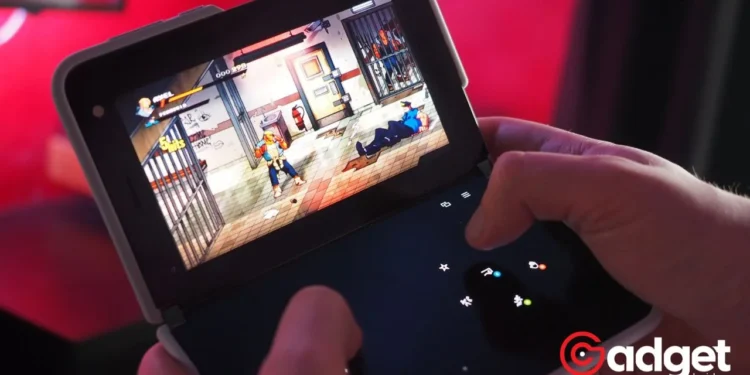Is Microsoft on the verge of announcing Xbox Handheld? In the ever-evolving landscape of the gaming industry, Microsoft stands at a crossroads, confronted with the challenge of expanding its market reach amidst fierce competition and changing consumer preferences. The concept of an Xbox handheld console, once deemed speculative, has now emerged as a strategic necessity for Microsoft.
This article delves into the intricacies of Microsoft’s position within the gaming sector, exploring the potential impact and necessity of an Xbox handheld device in maintaining and expanding its gaming ecosystem.
The Current State of Xbox Handheld: A Contextual Overview
The path that Microsoft has taken with the Xbox Series X and Series S has been received with a variety of responses, particularly when taken into consideration in conjunction with the quick surge of sales for Sony’s PlayStation 5. Despite this, Microsoft’s broader gaming ecosystem, which includes Xbox Cloud Gaming, Xbox Game Pass, and its endeavors for PC gaming, continues to continue to prosper.
Microsoft’s game branch continues to maintain substantial market relevance, as seen by the fact that titles like “Palworld” are becoming timed console exclusives with others in the pipeline. It is not the maintenance of its existing user base that presents the greatest problem; rather, it is the identification and acquisition of new consumers in a market that is already saturated.

Bridging Gaps: The Xbox Handheld Console as a Strategic Pivot
The notion of an Xbox handheld is more than mere speculation; it’s a reflection of Microsoft’s forward-thinking approach to overcoming market limitations. The gaming industry’s landscape is marked by a plateauing console market share, stringent platform regulations by giants like Apple and Google, and the rising costs of cloud gaming infrastructure.
In this context, an Xbox handheld represents a multifaceted solution, capable of bypassing regulatory hurdles, reducing operational costs, and tapping into new consumer segments craving portable gaming experiences.

Xbox Handheld: The Competition and the Catalyst for Change
Microsoft’s contemplation of a handheld gaming device is not occurring in a vacuum. The success of the Nintendo Switch and the Steam Deck has underscored the viability and consumer demand for portable gaming solutions.
Moreover, rumors of PlayStation exploring a native gaming handheld hint at a burgeoning shift toward portable gaming ecosystems across the industry. This competitive landscape sets the stage for Microsoft to innovate or risk being left behind.
Why I believe more than EVER, an Xbox "handheld" is inevitably part of Microsoft's gaming future.
READ: https://t.co/cGeTvGAKMp#Xbox
— Jez (@JezCorden) February 2, 2024
Xbox Handheld: The Technological and Strategic Implications
An Xbox handheld device transcends the conventional boundaries of gaming, signaling a broader shift in Microsoft’s strategy towards an integrated, platform-agnostic future. Such a device could leverage Microsoft’s strengths in cloud computing, AI, and software ecosystems, offering a versatile platform not just for gaming but for a myriad of entertainment and productivity applications.
It represents an opportunity for Microsoft to redefine the gaming experience, blending mobility with the rich content ecosystem of Xbox Game Pass and beyond.

The Inevitable March Towards Handheld Gaming
The discourse surrounding an Xbox handheld console encapsulates the broader dynamics of the gaming industry’s evolution. It’s a testament to the changing paradigms of consumer engagement, technological advancements, and competitive strategies. For Microsoft, venturing into the handheld gaming market is not just an option but a strategic imperative to sustain growth, enhance its gaming ecosystem, and respond to the shifting landscapes of digital entertainment.
As the industry continues to evolve, the anticipation for an Xbox handheld device signifies a pivotal moment in Microsoft’s gaming odyssey, with the potential to redefine the boundaries of gaming mobility and accessibility.










